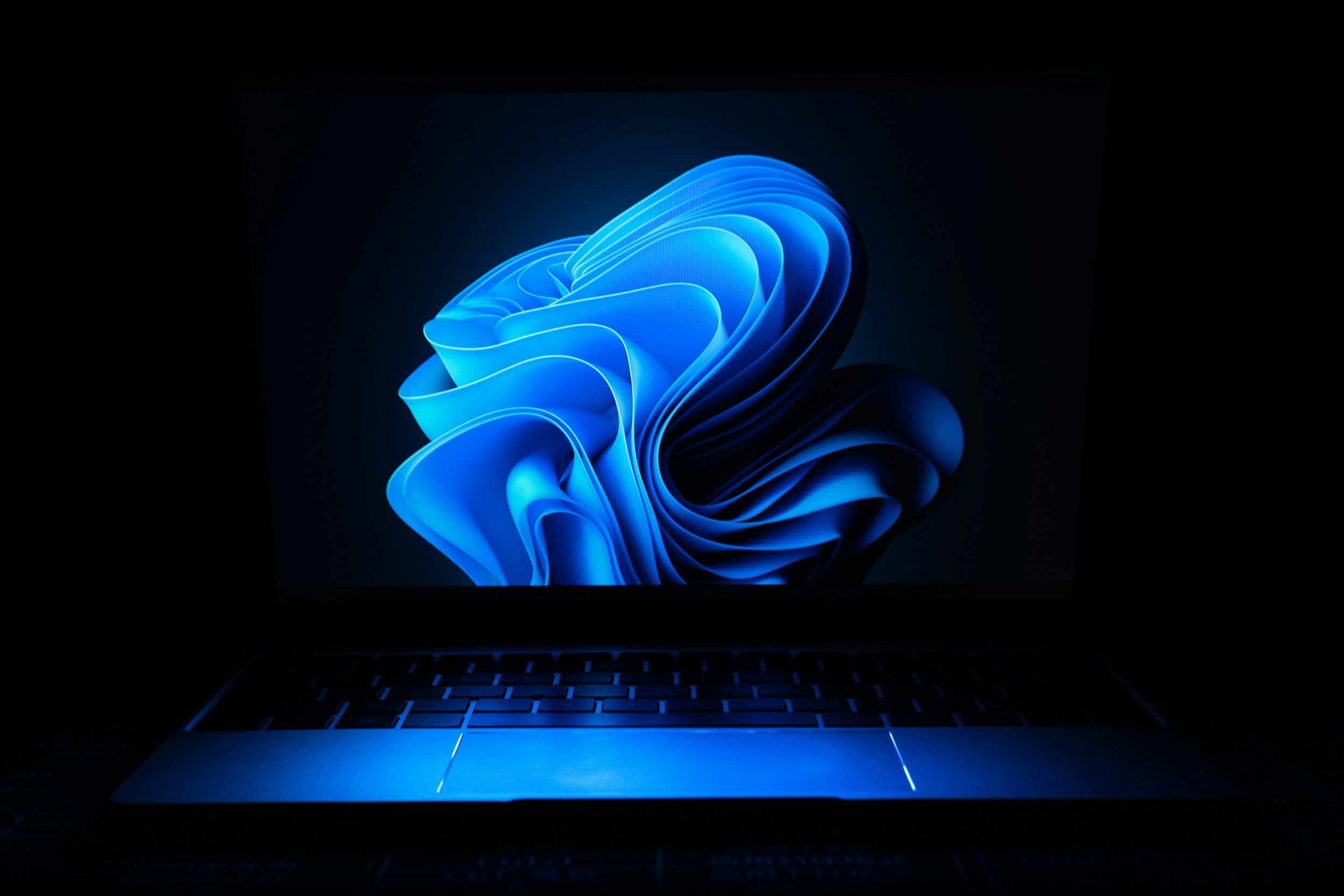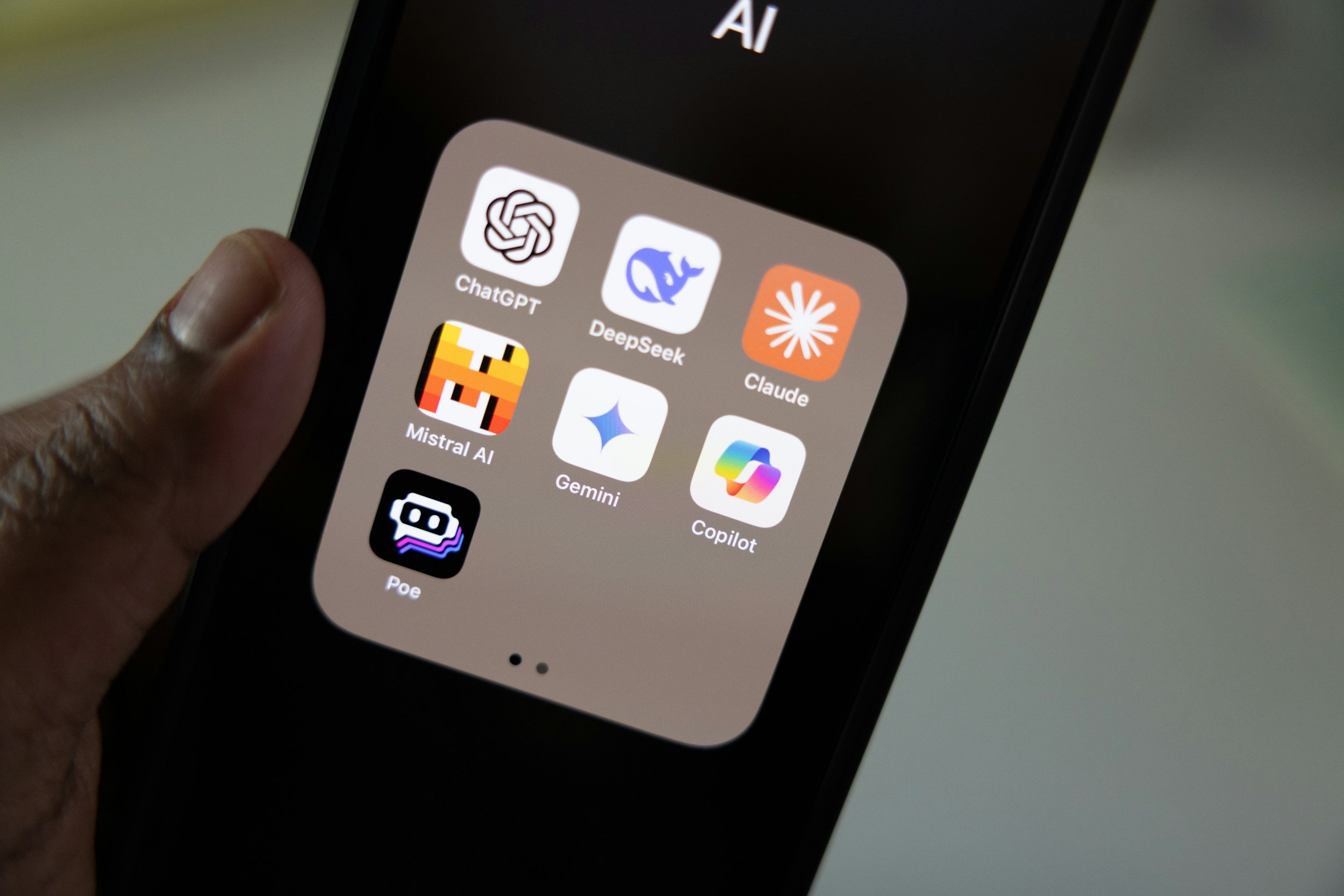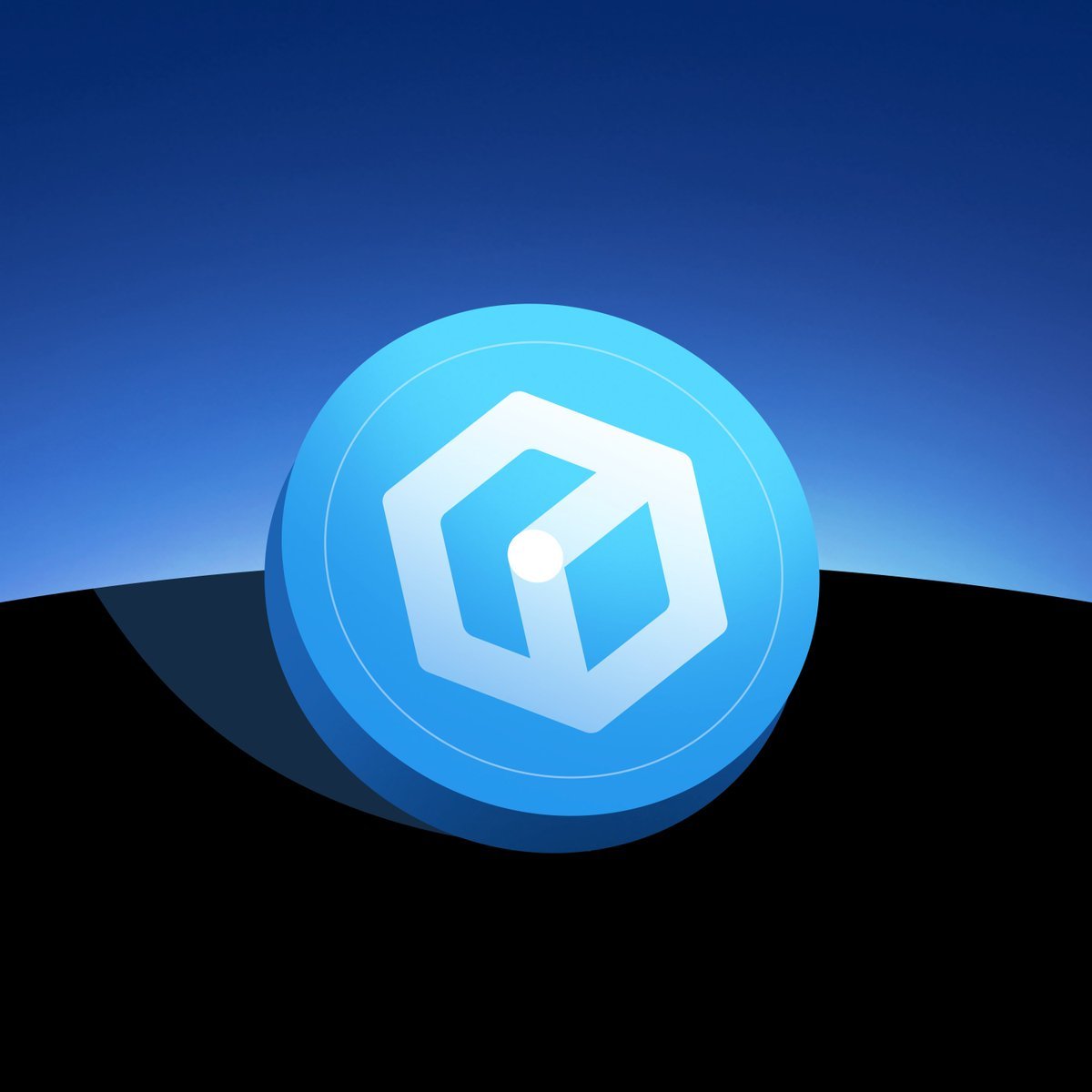Agentic AI in 2025: The Rise of Autonomous AI Agents by OpenAI, Microsoft and Nvidia

Image Credit: Solen Feyissa | Splash
In 2025, the tech industry is witnessing a significant shift towards "Agentic AI", where artificial intelligence systems evolve from simple responsive tools to autonomous agents capable of performing tasks with minimal human intervention. This transformation is poised to redefine interactions with technology across various sectors.
[Read More: AI Agents Take the Lead: The Next Evolution in Workplace Automation]
OpenAI's Introduction of 'Tasks' in ChatGPT
OpenAI has introduced a beta feature called "Tasks" for ChatGPT, enabling users to schedule reminders and future actions, similar to traditional digital assistants like Siri or Alexa. This functionality is currently available to Plus, Team, and Pro subscribers. Users can set one-time or recurring tasks, such as daily weather reports or reminders about important dates, by selecting "Go with scheduled tasks" in the model picker and specifying the required actions and times. The system can also suggest tasks based on conversations, though users must approve them.
[Read More: Your Daily Conversation at Home is Used to Train AI by Amazon?]
Microsoft's Expansion with Copilot Chat
Microsoft has launched a new chat service called Copilot Chat, aimed at helping businesses utilize on-demand AI agents for routine tasks. This service employs OpenAI's GPT-4 to allow users to create AI agents using natural languages like English and Mandarin for activities such as market research and meeting preparations. Advanced features like summarizing Teams calls and creating PowerPoint slides require a Microsoft 365 Copilot subscription. Facing pressure to show returns on its significant AI investments, Microsoft hopes this model will drive higher adoption rates.
[Read More: Choosing Between Meta AI, ChatGPT, DALL-E, Microsoft Copilot, and Gemini]
Nvidia's Foray into Agentic AI
Nvidia has expanded its AI applications beyond data centers and offices into autonomous machines and vehicles, launching new initiatives at CES 2025. CEO Jensen Huang introduced Nvidia Cosmos, a platform aiding the development of physical AI using synthetic data, aiming to democratize robotics. The company also showcased its latest AI processor, Blackwell, which powers the new GeForce RTX 50-series GPUs and laptops. Nvidia revealed agentic AI blueprints for developing specialized AI agents to automate tasks, including features for transforming PDFs into podcasts and summarizing videos.
[Read More: TSMC's 2nm Breakthrough Powers the Next Wave of AI and Mobile Tech]
Implications and Considerations
The rise of Agentic AI brings both opportunities and challenges. While these autonomous systems can enhance productivity by handling routine tasks, concerns about their reliability persist. Instances of AI-generated content inaccuracies, known as "hallucinations", highlight the need for caution. Moreover, ethical considerations regarding job displacement and the potential misuse of AI agents necessitate ongoing scrutiny.
[Top 10 AI Terms of 2024: Key Innovations Shaping Artificial Intelligence]
Source: The Verge, Reuters, Investor's Business Daily, OpenAI
We are your source for AI news and insights. Join us as we explore the future of AI and its impact on humanity, offering thoughtful analysis and fostering community dialogue.








